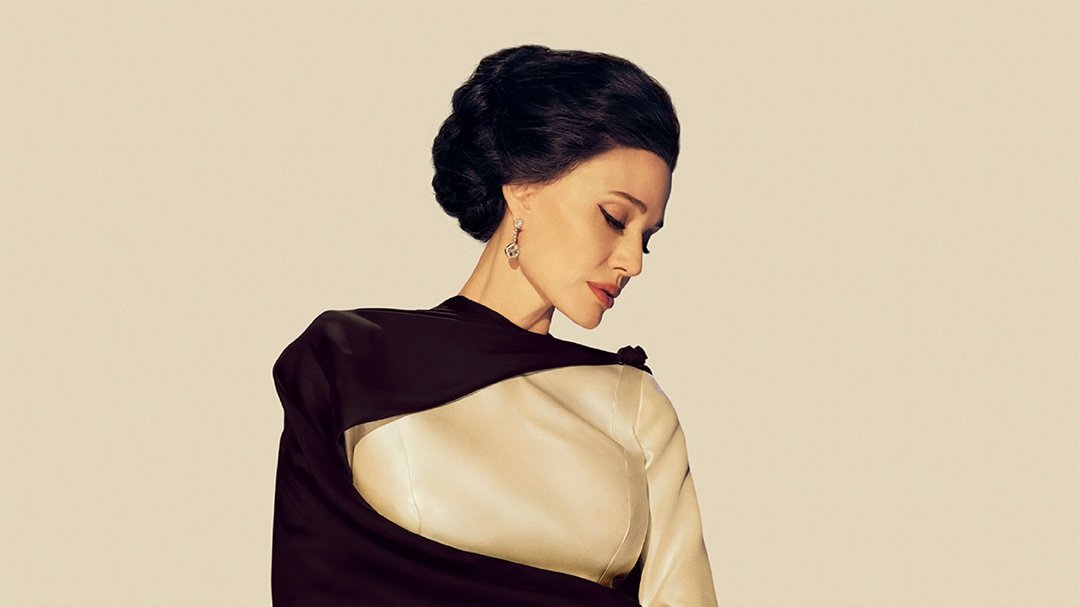Maria Callas: The Myth vs. The Woman in Film

Maria Callas remains one of the most iconic figures in the world of opera, revered for her extraordinary voice and dramatic artistry. However, from passionate affairs to dramatic career triumphs, the Callas depicted on screen often bears little resemblance to the real woman behind the myth. While Hollywood and other filmmakers have tried to capture her enigmatic essence, the films about Callas consistently distort, exaggerate, or outright fabricate details of her life.
Perhaps the most famous example of this is Callas Forever (2002), directed by Franco Zeffirelli. The film imagines Callas in her later years, reliving past glories in a fictionalised version of her life was a gross simplification of the complex woman she truly was. The film fails to capture the layers of her personality, reducing her to a mere symbol of beauty and suffering. Yes, Callas faced hardships, but she was also remarkably resilient, driven by a fierce independence and a complicated relationship with her art.
Similarly, Maria by Callas (2017), a documentary by Tom Volf, tries to present the “real” Callas through archival footage and interviews. While it certainly provides a glimpse into her life, the narrative is still constrained by the filters of myth. Volf's attempt to humanise her — showing her not just as an opera legend but as a woman with emotional depth and vulnerability — is commendable. However, the film also portrays her in a way that still keeps her somewhat untouchable, as though she is more a vessel of artistic genius than a flesh-and-blood woman.
Then there is the most recent portrayal of her in Maria (2025), starring Angelina Jolie as Callas. I was incredible exited to see this highly anticipated biopic and it had already sparked conversation before the premier, mostly around Jolie’s casting. While Jolie is undeniably talented, her portrayal of Callas is likely to be scrutinised against the woman and the myth. The film, dramatises the last days of Callas’ life and includes flash backs to her earlier life, her tumultuous relationship with Aristotle Onassis, and her professional fall. Yet, I left the cinema disappointed and a little angry about how the film had handled Callas' complexities, and how yet again it reduced her to another tragic woman, perpetuating the myth of her being a suffering diva rather than exploring her as the highly intelligent, independent, and driven woman she was. In my opinion she could have been anything but the near pathetic figure that the film portrays.
Many of the stories told about Callas, both on film and in popular culture, romanticise her relationships, particularly her affair with Onassis. These films often portray their relationship as the defining feature of her life, overshadowing her immense talent and accomplishments. But the real Callas was far more than a woman caught in a love triangle — she was an intellectual, a perfectionist, and a woman who chose her own path in an industry dominated by powerful men during an unforgiving era.
What these films fail to address is how Callas actively shaped her own narrative. Her moving away from the opera scene, for example, is often depicted as a form of defeat, but in reality, she made the choice to pursue a different artistic vision. In the 1960s, she made the bold decision to stop performing operatic roles in favour of more intimate concert performances, challenging the very nature of the operatic world. This shift is rarely discussed in cinematic portrayals of her life, which often focus on her public persona as a suffering diva rather than a woman in control of her destiny whatever the circumstance.
In truth, Maria Callas was never simply the tragic figure that films like Callas Forever, Maria by Callas, or Maria suggest. She was a multi-faceted, complicated woman whose life and legacy can’t be reduced to a series of melodramatic moments or glamorous portrayals. Perhaps in some years, in another attempt, a most honest tribute to her would be one that doesn’t seek to capture her entire story in two hours, but rather one that allows her own voice — and the legacy of her art — to speak for itself.
12/01/2025 Written by Tian Ze Hao